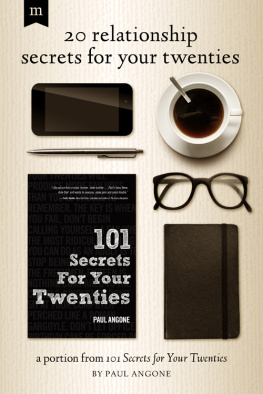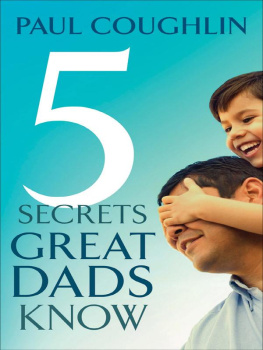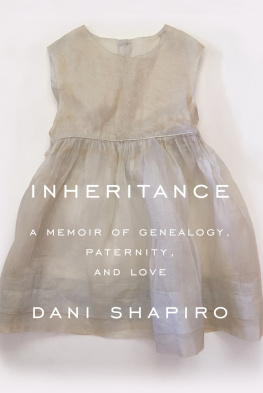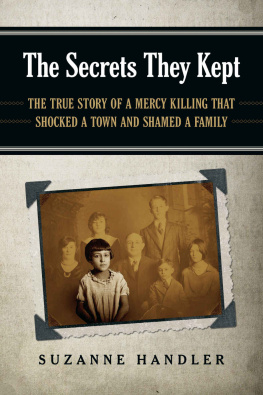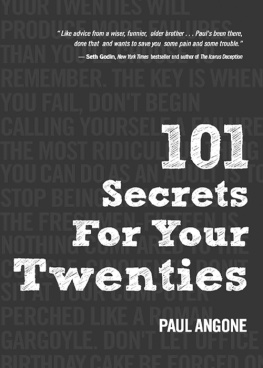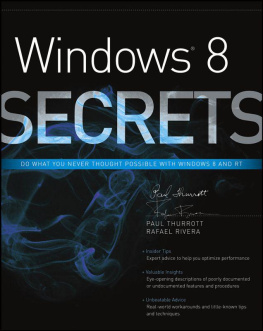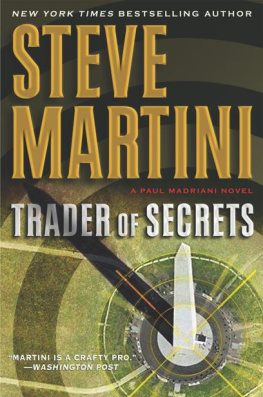
A writer remembers a Cold Warera childhood disoriented by the impenetrable mystery of his parents political lives Pitcoff was only 11 years old when a pair of FBI agents visited his [New York City] home in 1954, asking to speak to his father, Robert. His parents, visibly rattled by the visit, made light of it. His mother, Florence, insisted nonsensically that they happened to be in the neighborhood and dropped by. Far from the norm, this blend of peculiarity and secretiveness was the hallmark of his youth. From a childs point of view, I saw my parents lives as a montage of unexpected scenes. This memoir, at its best, is reminiscent of the literary work of French author Patrick Modiano, whose books indefatigably investigate the underground in Paris during and after World War II. Pitcoff was finally and dramatically able to discover that his father led a cinematically eventful life The author unravels his stubbornly mysterious life with great skill and restraint and paints a riveting tableau of a world made murky by complexity and inherent ambiguities. A memoir overflowing with drama that evocatively re-creates the atmosphere of peril and uncertainty during the Cold War.
Kirkus Reviews
COLD WAR
SECRETS
Unscrambling the Certain Uncertainties
of Family Secrets
A Memoir by
Paul Pitcoff
New York
Cold War Secrets: Unscrambling the Certain Uncertainties of Family Secrets
Copyright 2020 Paul Pitcoff
All rights reserved. This book or any portion thereof may not be reproduced or used in any manner whatsoever without the express written permission of the author except for the use of brief quotations in a book review. For permissions visit PaulPitcoff.com .
Published in the United States by Momentum Ink Press, New York.
PUBLISHERS CATALOGING IN PUBLICATION DATA
provided by Five Rainbows Cataloging Services
Names: Pitcoff, Paul, 1943 author.
Title: Cold War secrets : unscrambling the certain uncertainties of family secrets / Paul Pitcoff.
New York : Momentum Ink Press, 2020.
Identifiers: ISBN 978-0-9975239-6-6 (paperback) | ISBN 978-0-9975239-7-3 (ebook)
Subjects: LCSH: Children of spiesUnited StatesBiography. | Greenwich Village
(New York, N.Y.)Biography. | Cold WarBiography. | Communist Party of the United States of America. | Espionage, SovietUnited States. | Family secrets. | BISAC: BIOGRAPHY & AUTOBIOGRAPHY / Personal Memoirs. | TRUE CRIME / Espionage.
Classification: LCC UB271.R92 P58 2020 (print) | LCC UB271.R92 (ebook) |
DDC 327.12/092dc23.
PaulPitcoff.com
MomentumInkPress.com
For information about special discounts available for bulk purchases, sales promotions, fund-raising, and educational needs, contact the author at PaulPitcoff.com .
Book design by KSH Creative | KSHcreative.com
May 1943
First photo of author, few days old, bottom left, held by Grandma Mollie
Top row from left: Grandpa Jake, Uncle Howard about to be shipped overseas to war, my missing father, my mother, Uncle Milton before he left to fight in the Battle of the Bulge
I learned from Mollie, my grandmother,
that adults dont always mean what they say...
I learned from Florence and Robert, my parents,
that certainty has many hazards...
Contents
Prologue
I t was a sunny Saturday morning and I was preparing to go to the park to play stickball. The doorbell rang. Any unexpected announcement of a visitor to the Pitcoff home triggered our dog Rollie to bark at his loudest and lunge at the door. More unsettling was my mothers double-barreled outburst of anxiety. I was fast to respond. Before the chime and Rollie silenced, my mother would go into her state and my father and I were left with the duty of guarding her from the intruder. Whoever it is, Im not home, shed shriek as she headed for cover. Im not dressed and the house is a mess.
I didnt need to look to see that my mother was more than suitably dressed and the house was not a mess, but I knew that company was only acceptable if plans had been established weeks, if not months, ahead. She never wavered in her refusal to answer the doorbell, and my father, who continually worked at renovating our house, rarely heard it. Thus this essential responsibility defaulted to me.
Trying to preempt my mothers eruption of anxiety, I dashed to the door. Strangers, two men, stood in the hallway, erect as mannequins. They were duplicates of each other. They had crew cuts and wore well-fitting suits. I didnt know adults who looked or acted like these sour aliens. I felt helpless in their looming shadow, knowing I couldnt manufacture the respect they seemed to demand. They asked if my father was home. They called me junior and kid. None of my parents friends patronized me like that. I stammered, Well , no ones at home. My voice trailed off as they walked around me into the hall. In unison they turned to face me and reached inside their jacket pockets to produce small leather ID folders, which they poked two nose lengths away in front of my eyes. I was not much of a reader, but the letters FBI stood out. My stomach seemed to drop out of my body.
FBI, kid. We need to talk to Mr. Robert Pitcoff. Is he your father?
Why would they want to see my dad? Was he in trouble? I tripped past them to the basement, where my father was working on running a new cold water line to replace the corroded galvanized pipes, and warned him of the presence of real G-men, not the ones in the movies. He tried to minimize my distress with a manufactured smile. We climbed the stairs in silence and I was dismissed after the men followed him into the living room. At least they didnt slap handcuffs on him or pull out their guns.
Stickball and time with friends held my attention the rest of the day. Family dinner was normal; my parents argued about the rationale of nuclear disarmament and marveled at Humphrey Bogarts portrayal in The Caine Mutiny . The next day I asked my mother, Why did the FBI come here? Are we in trouble?
No, its nothing to worry about, she said. She opened a fresh pack of Pall Malls and I helped her pick up the five cigarettes that fell to the floor. She lit one and added, Its OK. They probably just like to talk.
But why to Dad? I asked.
She waved the smoke away from her face and appeared to be considering my question. Finally she found the answer: Dont worry, they just happened to be in the neighborhood and dropped by.
Two different FBI agents must have been in the neighborhood more than a year later and they too dropped by. My father never discussed the FBI visits. Consciously and unconsciously my parents kept secret their past destructive mistakes. As I look back I see hints, in my early memories, of shadowy secrets that influenced my parents lives. All young people have some difficulty forming a clear sense of who they are, but in my case, the oddities and contradictions of my parents actions made the task unusually difficult. Their often bewildering behavior stymied all my attempts to get a hold on my own values, goals, and ideasmy identity. More evident was their absence of normal parental guidance, baffling behavior, and ingenious cover-ups for the questions I dared to ask. In this dont ask, dont tell environment, it would be up to me to get the essentials for preparing for adulthood.


